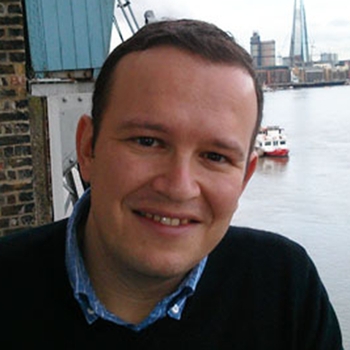Location
NCRC, B20-21
2800 Plymouth Rd
Ann Arbor, MI 48109-2800
Phone
(734) 763-8680
Primary Website
Education
- Ph.D., Mechanical Engineering, Stanford University, 2006
Research Interests
Dr. Figueroa’s lab is currently developing open-source software for patient-specific blood flow modeling “CRIMSON” (CardiovasculaR Integrated Modeling and SimulatiON). This project is funded by the European Research Council via the “Starting Grant” mechanism, the most competitive in Europe. The goal of this project is to develop software to perform “virtual surgical planning”, a paradigm that will enable one day to test different approaches for surgery and choose the optimal prior to the procedure. Dr. Figueroa has published extensively in the fields of Biomedical Engineering, Applied Mechanics, Life Sciences, and Vascular and Endovascular Surgery. He enjoys spending time with his family, gardening, and traveling.
Research Areas:
Biofluids, Biomechanics, Biomedical Computation and Modeling, Cardiovascular, Organ and Whole Body Biomechanics, Whole Body Mechanics
Additional Title(s)
- Professor, Biomedical Engineering
- Senior Associate Chair, Biomedical Engineering
Biography
In 2011, he was appointed Associate Professor in Biomedical Engineering at King’s College London. He moved to the University of Michigan in 2014, where he is currently the Edward B. Diethrich M.D. Research Professor of Biomedical Engineering and Vascular Surgery. Dr. Figueroa’s main expertise is image-based simulation of hemodynamics. His doctoral work focused on developing techniques for fluid-structure interaction and multi-scale modeling for subject-specific cardiovascular simulations. Dr. Figueroa’s current research interests include: – Methods to predict the short-term response (auto-regulation) of the arterial system in response to changes in pressure and flow. – Pathophysiology and mechano-biology of arterial hypertension. – Methods to predict the growth & remodeling of blood vessels in response to changes in their biomechanical environment. – Computational tools to evaluate and predict the performance of abdominal and thoracic endografts.
